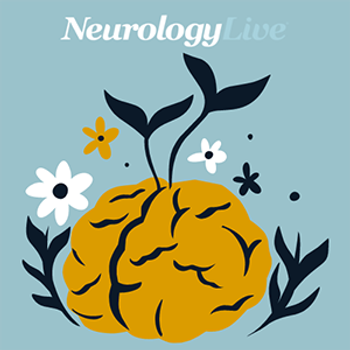
Adrienne Viscio, a 63-year-old patient diagnosed with primary progressive aphasia from CaringKind, talked about how she finds solace, engagement, and cognitive benefits through gardening.

Adrienne Viscio, a 63-year-old patient diagnosed with primary progressive aphasia from CaringKind, talked about how she finds solace, engagement, and cognitive benefits through gardening.

Dyne aims to pursue expedited approval pathways for DYNE-251, leveraging dystrophin as a surrogate biomarker.
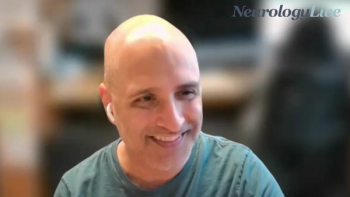
The vascular neurosurgeon and professor of neurological surgery at The Ohio State University Wexner Medical Center spoke about advancements in stroke treatment, including endovascular thrombectomy and new drug therapies, that aim to address unmet need in patients. [WATCH TIME: 5 minutes]
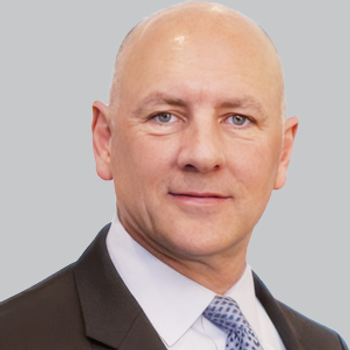
DYNE-101 demonstrated dose-dependent splicing correction, with the 5.4 mg/kg cohort showing a 27% mean correction at 3 months.

The phase 3 REACH trial investigating Fulcrum Therapeutics’ losmapimod in patients with facioscapulohumeral muscular dystrophy remains on track with topline data anticipated in the fourth quarter of 2024.

The study showed durable improvements in VEP latency with bexarotene, suggesting long-term benefits from exposure to a remyelinating drug.

Of respondents who qualified for preventive treatment who were not currently using preventive medication, the majority (86.1%) had also never previously used preventive medication.

Stephanie Richardson, MS, CCC-SLP, an outpatient lead speech-language pathologist at Brooks Rehabilitation, discussed the unique aspects of speech therapy and the pivotal role it plays in helping patients with swallowing and other related functions.

The neurologist and neuro-oncologist at the Preston Robert Tisch Brain Tumor Center at Duke University provided clarity on a new analysis of the INDIGO study highlighting treatment benefits of vorasidenib in patients with IDH mutant grade 2 gliomas.

Larimar Therapeutics anticipates interim data from the open label extension study assessing nomlabofusp in patients with Friedreich Ataxia in the fourth quarter of 2024.
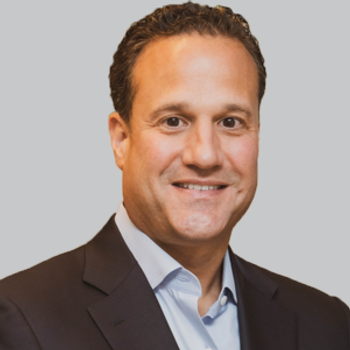
Bruce Leuchter, MD, a neuropsychiatrist and chief executive officer at Neurvati Neurosciences, provided insight on a recently published study showing that neurological diseases present the biggest global health threat.

Neal K. Shah, CEO of CareYaya Health Technologies, discussed how the lack of diverse data in neuroscience, particularly for African American and minority populations, will limit the ability of AI to equitably diagnose dementia early across all populations

ION582, delivered intrathecally into the cerebral spinal fluid with a lumbar puncture, resulted in significant improvements in cognition, fine and gross motor skills, and expressive communication.

Frederic Schaper, MD, PhD, an instructor in neurology at Brigham and Women's Hospital, discussed the complex interplay between brain lesions and takotsubo syndrome, a heart condition caused by physical and emotional triggers.

In addition to demonstrating safety and tolerability, treatment with LM11A-31 resulted in significant differences in Aß40 and Aß42, although the ratio of Aß42 and Aß40 was not affected.
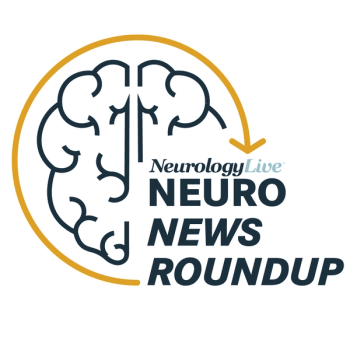
In honor of Chronic Demyelinating Polyneuropathy Awareness Month, held May 2024, get caught up on some of the latest news in CIDP, with data updates and expert insights all in one place from the NeurologyLive® team.
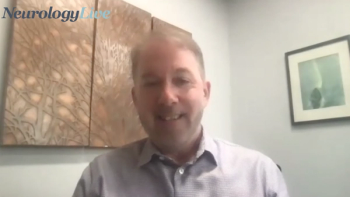
The chief medical officer of New England Center for Neurology and Headache talked about trends observed in the clinical practice with Daxxify, a long-acting botulinum toxin for patients with cervical dystonia. [WATCH TIME: 5 minutes]

APN-1607 is undergoing a global phase 3 trial to evaluate its efficacy as an early diagnostic biomarker for progressive supranuclear palsy.
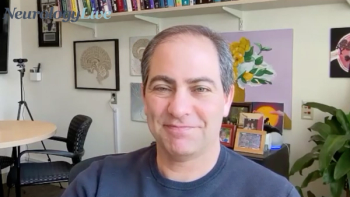
The associate professor of neurology at Harvard Medical School discussed how clinicians face the challenging decision with their patients in choosing between off-label and approved medications for NMOSD. [WATCH TIME: 4 minutes]

Here's some of what is coming soon to NeurologyLive® this week.

Susan W. Broner, MD, the medical director of the Weill Cornell Medicine Headache Program, talked about the essentials of diagnosing and treating various headache disorders from a general neurology perspective.
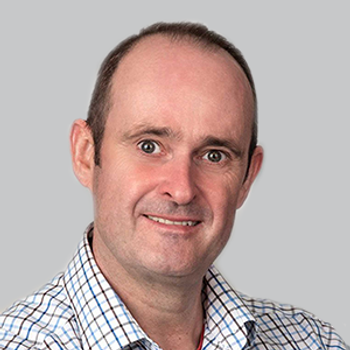
Avidity Biosciences anticipates to provide new cohort data from the phase 1/2 EXPLORE44 trial assessing AOC 1044 in Duchenne muscular dystrophy mutations amenable to exon 44 skipping in the second half of 2024.

Test your neurology knowledge with NeurologyLive®'s weekly quiz series, featuring questions on a variety of clinical and historical neurology topics. This week's topic is on Huntington disease.
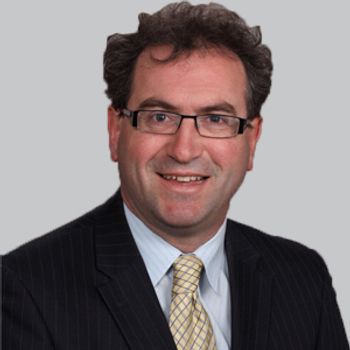
Sean Pittock, MD, director of the Mayo Clinic Center for Multiple Sclerosis and Autoimmune Neurology detailed interim data from the open-label extension of the pivotal CHAMPION-NMOSD trial, the study that led to ravulizumab’s approval.

BIIB105, an antisense oligonucleotide, failed to demonstrate impact on outcomes of function, breathing, and strength, in addition to no impact on neurofilament light.
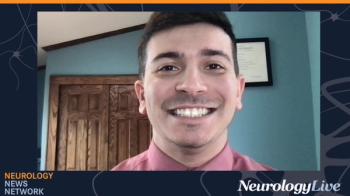
Neurology News Network. for the week ending May 18, 2024. [WATCH TIME: 4 minutes]

Take 5 minutes to catch up on NeurologyLive®'s highlights from the week ending May 17, 2024.

A panel of experts provided a new update on practice guidelines for prescribing antiseizure medications to patients with epilepsy who may have a pregnancy.

Voyager expects insights from the phase 1a study to inform a subsequent phase 1b trial and anticipates tau PET imaging data in 2026.
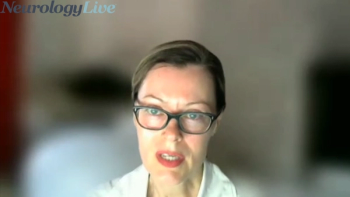
The associate professor in the department of radiology at NYU Langone provided perspective on the unanswered questions regarding neuronal microstructure in migraine following her presentation at the 2024 AAN Annual Meeting. [WATCH TIME: 4 minutes]